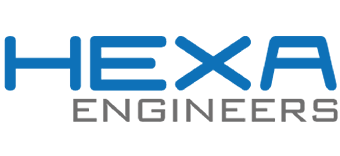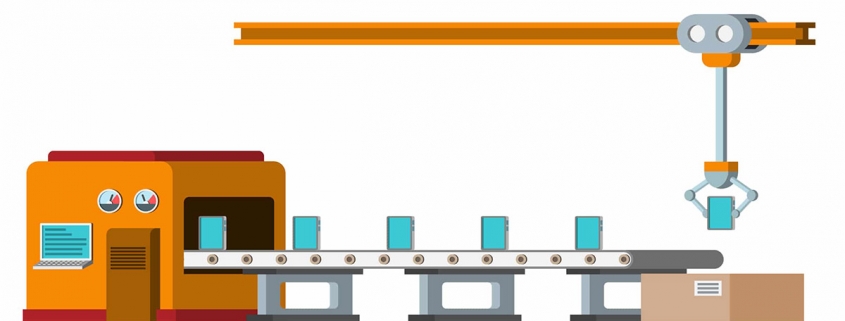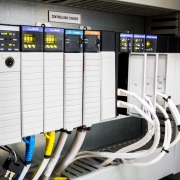Traceability and MES system: two aspects to distinguish in the industry
It is not possible to understand the management in an industry today without the term traceability occupying a preeminent place in it. A growing demand from both the consumer and administration side has caused traceability to be part of the control processes of the productive part of the industry.
The implementation of traceability means that greater efficiency can be carried out in production processes, a lower cost when production failures occur or an optimization in the service provided to the client, to name a few examples.
Traceability
The implementation of a traceability system requires a global view of all the aspects that take place in the flow of inputs and products of the production process. One of the legs on which it sits is that of identification, which is responsible for the recognition of units, batches and packaging. On the other hand, the system deals with data capture in order to add extra data that provides information on the traceability of the product in question. And finally, a data management subsystem, which operates to process all the data that is being collected. Each part of the traceability system forms a whole that offers decisive information for the production process and always in real time.
When carrying out the implementation of a traceability system, a study of the systems to be used in the industry must be carried out in advance, which should be as similar to those of customers and suppliers. In this way, it is easier to use the same information and thus reduce the workload and possible occasional errors.
It must be taken into account that traceability generates data from two different planes, the internal and the external.
Internal traceability, also called process, is responsible for following the path of each product within the company. It provides data such as the different manipulations to which it has been subjected, the machinery that has been used for its elaboration, its composition, the batch to which it belongs or the factory shift during which it has been elaborated. Monitoring internal traceability allows a specific product to be related to all the processes that have been involved in its production, from raw materials to transportation to its destination.
External traceability offers data that complements the information on internal traceability; a change in the conditions of the production chain, the breakage of a packaging or any similar incident.
A good traceability system must be able to record every aspect that influences the product being manufactured and that any of them can be detected and known both in the normal direction of production and in reverse.
But it is convenient not to confuse traceability with a manufacturing execution system such as a MES system. Traceability is an objective to be achieved, but by itself it does not imply that it must carry any specific methodology. It must adapt as best as possible to the characteristics of each industrial company in order to provide the most concrete and accurate data possible, but it is not capable alone of operating in production management. For essential tasks such as management that allows the company to reduce costs and increase the efficiency of the production plant, there are systems such as the MES, which takes advantage of the traceability system as one more element, but essential, within everything the production process that it monitors and on which it operates.
Therefore, it could be said that traceability constitutes one of the parts of the MES system and that it constantly contributes a multitude of data to the MES so that whenever an event that requires special attention occurs, it is the MES that processes it and indicates the most valid solution to respond to the exceptionalism that has taken place.
MES system
A MES system operates in real time on all the parties involved in the production process. Thus, when an incident occurs in the production chain, the system receives an alert instantly and is capable of deciding which priority or priorities are when it comes to resolving the problem that has arisen.
MES is the best tool an industry can have to capture data easily. The information (materials, qualities, maintenance …) is obtained from the production process itself. And this system has the virtue that it collects all the information that takes place in the production plant, so the reliability of the data is beyond doubt.
A comprehensive and complete system such as the MES operates based on parameters such as efficiency per operator, machine or production line, among others; deadlines, ensuring that the times established in the scheduling are met and making decisions about possible corrections that need to be made; control quality through random sampling; and control the traceability of the process.










